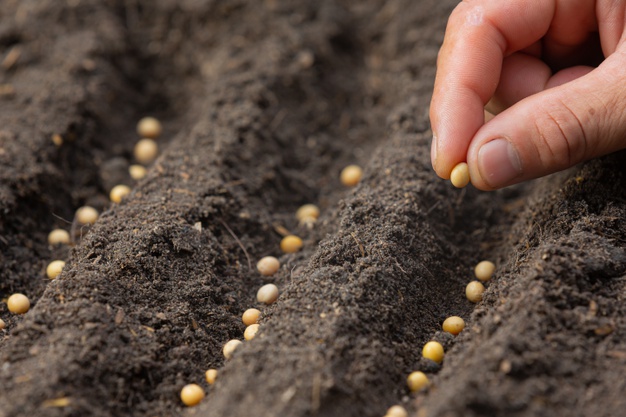Original post in Oregon Live
Shawn Mehlenbacher is on an endless search for the perfect nut.
He walks quickly past trees of all shapes and sizes. As he stops to explain their characteristics, he poses to show how they grow, lifting his arms out or stretching them wide.
Mehlenbacher and his team at Oregon State University oversee 50 acres of land dedicated to hazelnut breeding. He creates new hazelnut types resistant to disease that threatens the future of one of the state’s most important crops. The new hazelnuts could be crucial to Oregon’s plan to supply a growing domestic market.
“This program at OSU is bigger than all the other programs in the world — and the world knows it,” said Mehlenbacher, a nut breeder who teaches horticulture and genetics courses at the university.
Oregon harvests 99.9% of the country’s hazelnuts. Half of these are sold to China, where they are a popular snack food. The annual crop makes up less than 7% of the world’s hazelnut output.
In the early 1970s, scientists in the Pacific Northwest noticed Eastern Filbert Blight, a fungal disease.
The disease spreads through hazelnut tree bark like poison. It does not affect the safety or health of the crop, but it kills trees and diminishes the hazelnut harvest for the next season.
In dealing with this disease, scientists work tirelessly to cure the crop and help grow the Oregon hazelnut industry.
Mehlenbacher started researching how to grow disease-resistant hazelnut varieties at Oregon State in 1986. The first was released to the public in 2005. Since then, Mehlenbacher has released seven more varieties of hazelnuts resistant to Eastern Filbert Blight.
He cross-pollinates two different hazelnut plants to create new kinds. The process takes exactly 17 years — much of that time spent evaluating the progress of the nuts.
“As a scientist,” he said, “there’s kind of an obligation to share my research.”
Walking into Oregon State’s hazelnut breeding lab, visitors see a poster with a smiling squirrel and the message they are entering the “Nut House.”
Mehlenbacher believes the hazelnuts he breeds are more uniform than others grown overseas. Between 60% and 70% of the world’s hazelnuts are from Turkey.
“We can deliver a consistent high-quality product,” Mehlenbacher said.
The demand for hazelnuts is primarily overseas, but local hazelnut organizations hope to grow the domestic industry through marketing. Part of the plan includes educating local chefs on Oregon hazelnuts and encouraging them to use the nuts in their dishes.
According to the Oregon Hazelnut Marketing Board, the industry is growing exponentially, with 8,000 new acres being planted each year.
Todd Smith is betting on the demand that may come with greater local investment.
Smith manages O.O. Agriculture, a company that’s invested 1,000 acres and millions of dollars in hazelnuts. The company uses Oregon State’s hazelnut varieties and pays royalties for them.
The company spent about $6 million on hazelnut varieties and technology to support the crops. By the fall, they will have planted six of Mehlenbacher’s creations. Smith is confident the investment will pay off.
“I think we’re smart enough to manage the risk,” said Smith.
O.O. Agriculture started planting hazelnuts in 2016.
The bet is risky. Smith says one of the nut types was planted on “mediocre” land, and so far, the results are less fruitful than expected. But he does not want to waste money uprooting the trees.
He’s counting on the long-term health of his plants. He remains optimistic and certain the company will break even within the next decade.
“There’s this tidal wave of nuts coming,” Smith said.
— Sofía Crespo, Lincoln High School
— Nina Gutierrez-Desrosiers, Roosevelt High School
This story was produced by student reporters as part of the High School Journalism Institute, an annual collaboration among The Oregonian/OregonLive, Oregon State University and other Oregon media organizations. Donations in support of the High School Journalism Institute can be made to the OSU Foundation, 850 S.W. 35th St., Corvallis, OR 97333; 541-737-4218; or online at osufoundation.org. For more information, go to OregonLive.com/teens.








